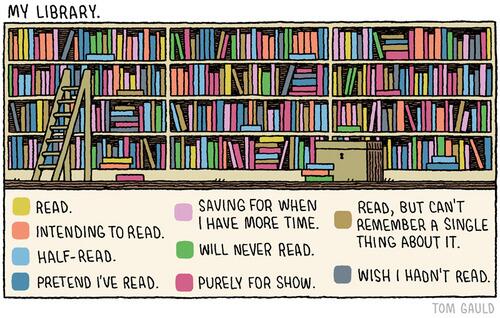Dichronauts is another of Greg Egan's "what if {MATH}" stories, like Schild's Ladder, Incandescance, and the Orthogonal trilogy. Often I describe him as the only Hard SF writer.
The world posited by having 2 space dimensions and 2 time-like leads to casual relativistic effects when you turn in a time-like direction, so it's sort of like Edwin Abbott's Flatland or AK Dewdney's Planiverse, in this case beings waddling on a mostly-east/west line, up/down being the other usable space direction, with symbiotes who can "see" sideways into the lightless cone north/south with sonar. So, uh, read Egan's paper explaining this and play with the simulation first.
While buildings are mentioned and the moving of one shown, I think not enough pages are given to the presumably vertical, thin architecture or how engineering or life would work.
Seth (Walker, wannabe hero) & Theo (his much smarter Sider symbiote) and others go off on a survey mission which finds some difficult terrain, a terrible cult-like town, and then a strange part of geography that could doom everyone.
The first two adventures are quite comprehensible (if you read the paper), and the physics don't interfere much with the story. Then the third goes into a different space/time region. And here he mostly loses me. The geography of the new region is hard to understand, and Theo doesn't spend the necessary "As you would know if you had paid attention, Seth" time to make it clear to me; I get the math on a flat plane but how it works in this region could use a diagram or two.
The drama in the first two parts of the survey would have made a better complete novella, I was engaged with the characters and cult plot. The last part winnows down the cast to one/two somewhat sad companions, and a communications barrier, which makes it even harder to care. The ending is abrupt and inconclusive. For a sequel, or just "done with this exercise, hit publish"?
"Do you really expect my counterfactual longings to be consistent with my merely hypothetical speculations?" —Theo
★★★☆☆
